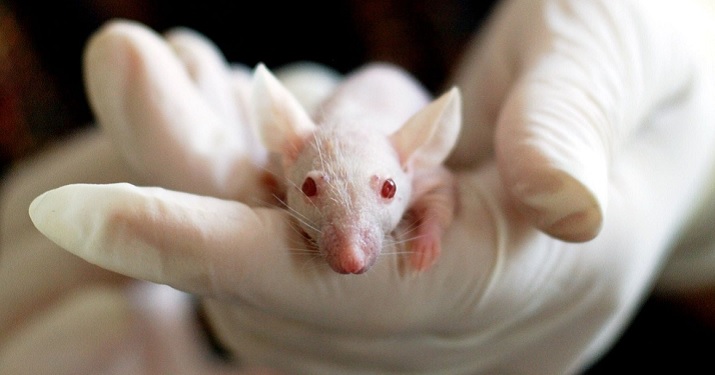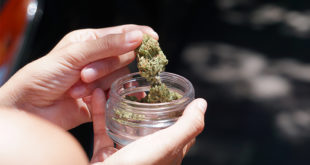
The non-psychoactive compound found in marijuana, cannabidiol (CBD), may help lower the risk of relapse for those addicted to drugs and alcohol, according to a new preclinical study with rats.
As the controversial marijuana debate about the medical benefits of this form of CBD continues, researchers at the Scripps Research Institute in La Jolla, California performed tests on drug and alcohol addicted rats to see if CBD helped them, UPI reports.
Leader of the investigative team at Scripps Research University, Friedbert Weiss said, “The results provide proof of principle supporting potential of CBD in relapse prevention along two dimensions CBD: beneficial actions across several vulnerability states, and long-lasting effects with only brief treatment.”
The researchers indicated that CBD effectively reduced the potential for relapse despite existing stress and drug cues, along with reducing anxiety and impulsivity in the drug-exposed rodents. In additional research, CBD showed to have been completely cleared from the rats’ brains and plasm three days after the therapy concluded.
About 5-months later, the experimental rodents treated with CBD still showed a reduced risk of relapse induced by stress or drug triggers, which the researchers said they weren’t anticipating.
Weiss said, “Drug addicts enter relapse vulnerability states for multiple reasons. Therefore, effects such as these observed with CBD that concurrently ameliorate several of these are likely to be more effective in preventing relapse than treatments targeting only a single state.”
The researchers wrote that they believe additional studies may open new pharmacotherapeutic methods to prevent addiction relapses, including that “the findings also inform the ongoing medical marijuana debate concerning medical benefits of non-psychoactive cannabinoids and their promise for development and use as therapeutics.”
CBD has been considered as a potential treatment for different pain, neurological and psychiatric disorders, and additional health conditions, and has recently been discussed as an option for treating drug and alcohol addiction.
Medical marijuana is showing to be an effective option for treating chronic pain, calming muscle spasms caused by multiple sclerosis, and reducing nausea from chemotherapy, according to reports from the National Academy of Sciences published in January 2017. However, according to that report, there’s still not enough evidence to support any of the other numerous health claims attributed to medical marijuana.
Twenty-nine states and the District of Columbia permit medical marijuana use, and nine have legalized recreational marijuana use.
 AZ Marijuana Arizona Marijuana Info
AZ Marijuana Arizona Marijuana Info






